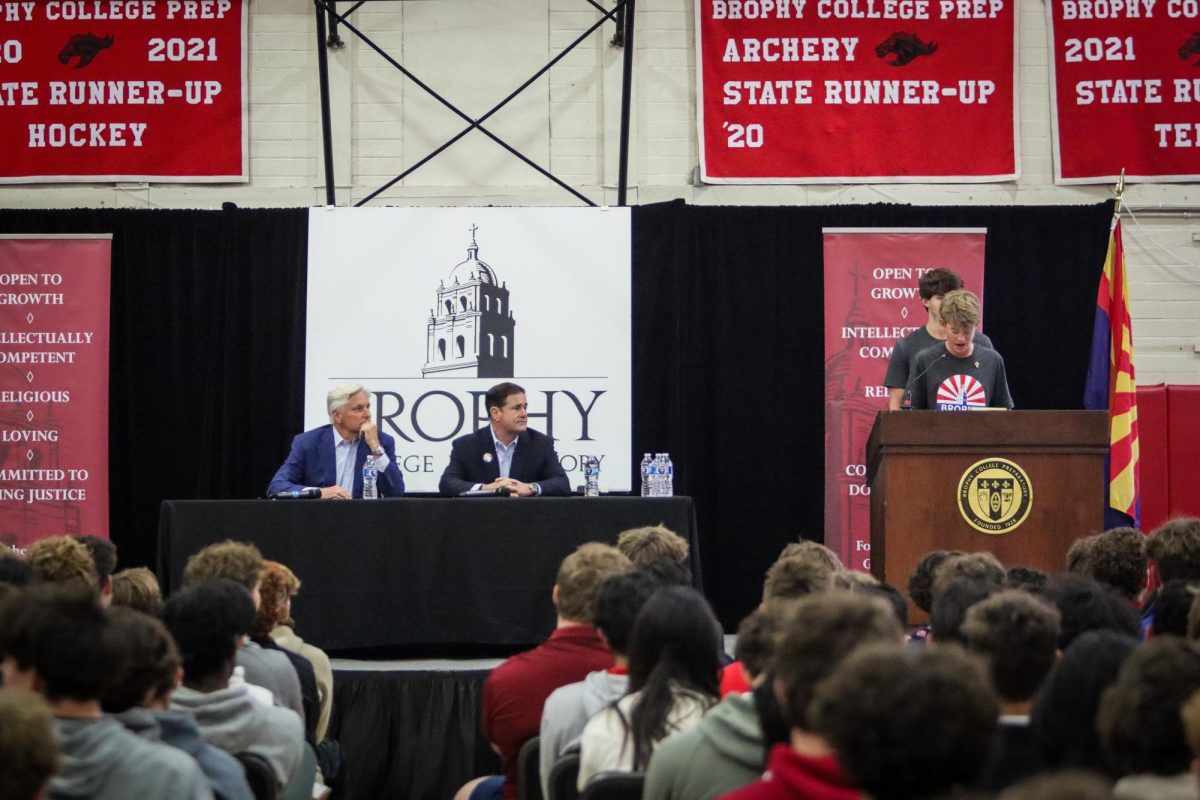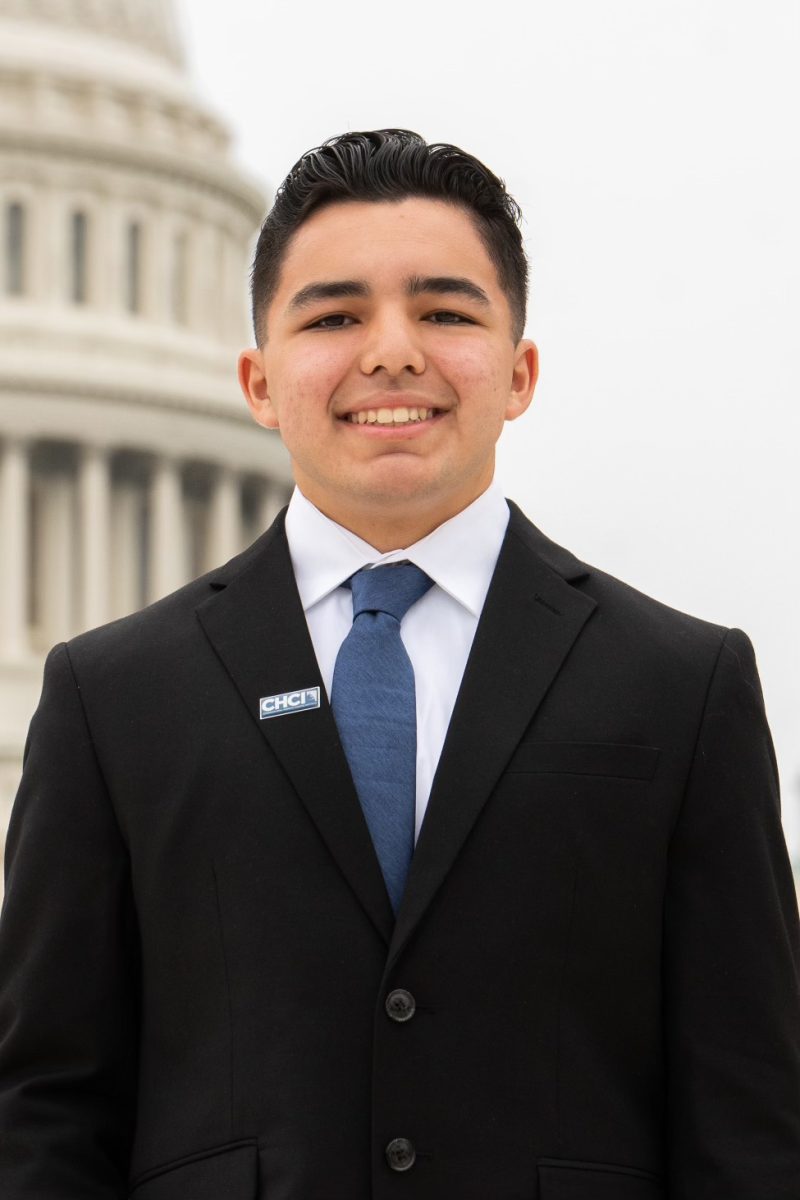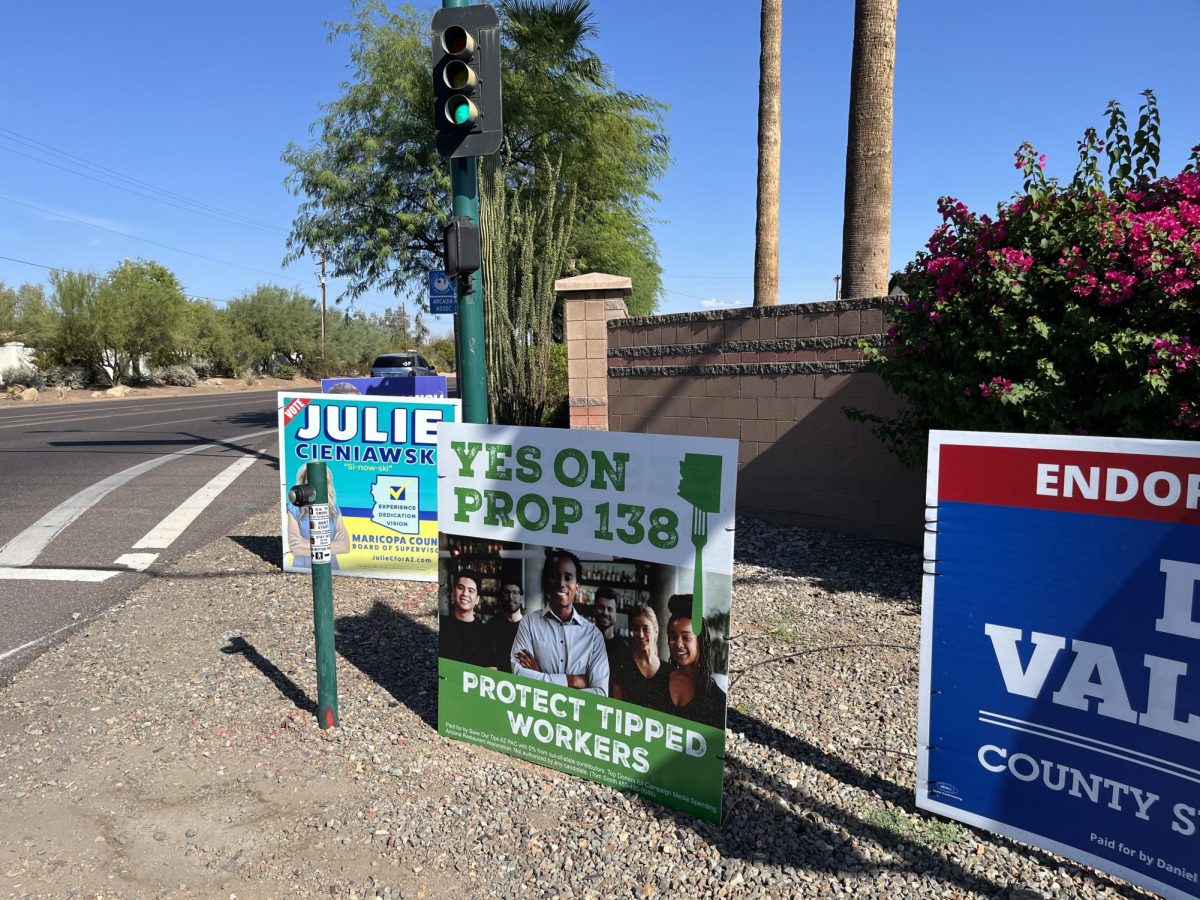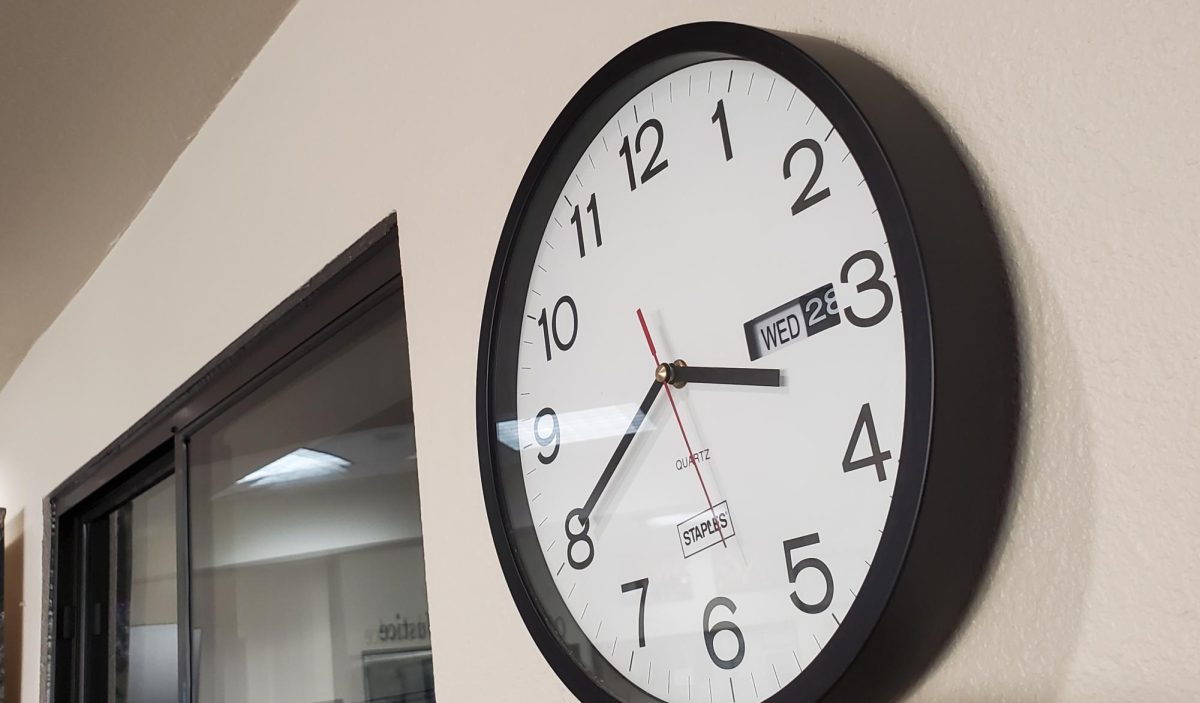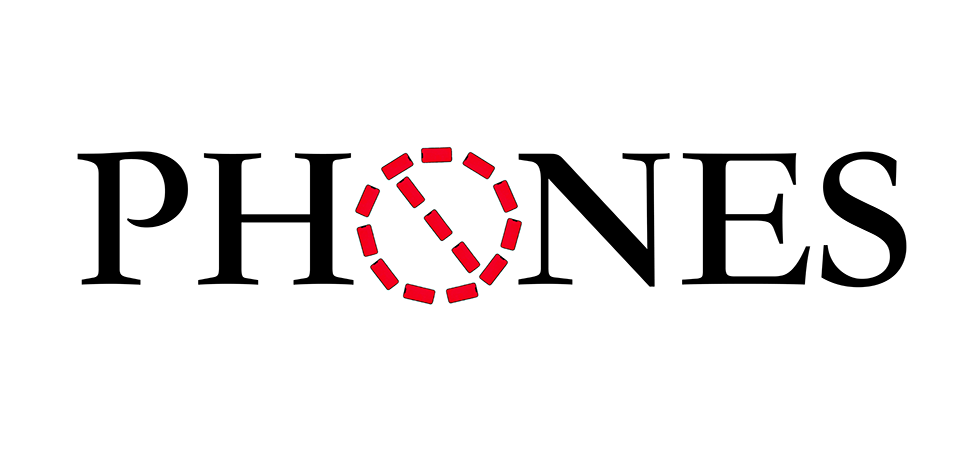Political candidates’ smear campaigns prove ineffective among Brophy students
By Jack Macias ’14
THE ROUNDUP
This upcoming election a portion of the seniors will be able to cast their votes on which presidential candidate they feel best represents this country.
Republican nominee Mitt Romney and Democratic nominee President Barack Obama have launched a number of negative ad campaigns against each other in hopes to sway voters.
Although the ads are intended to persuade voters, both young and old alike, Brophy seniors have differing opinions on the effectiveness of the smear campaigns.
“Campaigns should run on policy, and not smear campaigns,” said Max Sobotka ’13. “If you are going to attack the guy (Romney), do it on what he intends to do, not what he had done in the past.”
While both parties have contributed to the smear campaigns and negative ads, Priority USA ads have been almost completely attack ads, while the Romney backing Restore our Future has only spent about one-third the funds on attack ads.
“I know the points that they are conveying are important to listen to,” said Luke Osselaer ’13. “I would rather listen to what the candidates have to say themselves than what their opponent has to say about them.”
Romney has faced attacks mainly from Priorities USA Action, a super PAC (political action committee) that supports Obama and has been the leading contributor to the attack ads against Romney.
Obama has faced attacks from the super PACs Restore our Future and Americans for prosperity, both organizations supporting Romney.
According to The New York Times, Priorities USA Action has spent approximately $22 million on smear campaigns, while Restore our Future has spent approximately $28 million on attack ads, about one-third of their total funds.
In one ad created by Priorities USA Action, the super PAC ties Romney’s interactions with Bain Capital with the death of a worker’s wife, which happened several years after Romney took over.
Although they are sometimes looked down upon, smear campaigns would not be aired or even made if they were proven to be non-effective.
“I do not like negative advertisements, but I do recognize that they are effective. They get our emotions more involved because it is easier to hate a candidate than like one,” said Teenage Republicans President George Liddy ’14.
Even though Romney’s supporters have spent more than Obama’s on smear campaigns, of the students interviewed, most have seen an almost equal number of ads from each candidate.
“I think that Barrack Obama faces more negative ads because he is the incumbent president and his errors have been more publicized over the past four years,” Liddy said. “However, I think that Mitt Romney will also face negative ads about his time with Bain Capital as the Obama campaign tries to show Romney as a dirty businessman, not a successful one.”
Negative ads about Obama have been focused around the economy and his previous four years as president, but a large portion of attack ads on Romney have been about Bain capital and his taxes.
“The ads have been calling him (Romney) a rich guy and that you shouldn’t trust him, when he has done a lot of great things in his life and they should not be overlooked,” Sobotka said.

